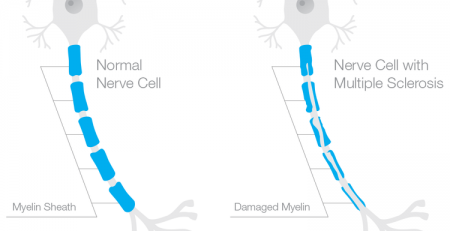What is Alzheimer’s?
Alzheimer’s Disease is the most common form of dementia. Dementia is an overall term used to describe any decline in brain function that can affect areas such as memory, language, focus, judgment, visual perception, and can interfere with daily functions. In the early stage of Alzheimer’s, individuals can live independently, but with noticeable short-term memory loss and difficulty retaining new information. The moderate stage can last the longest as the individual may begin to have trouble recognizing family and friends and coping with new situations. In the severe stage, an individual will become reliant on caregivers and for basic needs.
Here are some practical things that you as a caregiver can do to help your loved ones who are diagnosed with Alzheimer’s on their journey.

1. Keep an eye out for depression
Caregivers should keep an eye out for depression in their loved ones. Shortly after the diagnosis of early stage Alzheimer’s Disease, it is common for an individual to experience depression. Depression may occur from the changes associated with Alzheimer’s, or from the diagnosis, can lead to a loss of further interest in doing things such as physical exercise or mental stimulation, which are believed to help their condition. Helping your loved one connect with a therapist can be helpful in order to talk about their diagnosis, assess for depression, and manage their anxiety and agitation as a result of the dementia.

2. Take care of yourself to take care of others
As a caregiver, you can only help others when you take care of yourself. When caregivers need a break, take time to rest. It can be exhausting for caregivers to take care of their loved one experiencing dementia. Caregivers often experience burnout and frustration from changes that are occurring from the disease. Taking care of yourself can look different for each person – it might be going for a coffee, meeting some friends, watching a movie, taking a long bath, reading a book, etc. Caregivers may also want to consider speaking with a therapist to help cope with some of the changes in their loved ones and the impact on them as caregivers.

3. Look into Adult Day Programs
Caregivers can look into Adult Day Programs to help your loved ones. Like Tip #2, caregivers can look into Adult Day Programs across the city. It will provide the caregiver with some time for respite and rest, but also provides stimulation for your loved one. The Alzheimer’s Society of Toronto (AST) offers list of organizations providing Adult Day Programs, support groups and workshops for caregivers, which is highly beneficial in helping caregivers understand and cope with the disease in their loved ones.

4. Sign up for Dance Classes
Our brain has an incredible ability to heal and adapt to changes according to its mental experience. Mindful movements like dance combine cerebral and cognitive thought processes with muscle memory and body position, while music stimulates the brain’s reward centers. The neuronal connections made through dancing not only improves memory but also reduces stress, increases serotonin (feel good hormone), spatial recognition, long-term memory, executive function and motor function.
5. Challenge the brain
Caregivers can continue to help the individual find ways to challenge the mind to develop new neuronal connections. Simple challenges like taking new pathways on their walks and brushing teeth/hair and eating with their non-dominant hand help to activate and create new neural pathways to adapt to its needs.

6. Receive Acupuncture treatments
Inflammation, toxicity or genetically induced cellular abnormalities can impair blood flow to the brain, depriving the brain of necessary oxygen and nutrients. Body acupuncture treatment in combination with Zhu’s scalp acupuncture helps to reduce inflammation, detoxify the body, improve cerebral blood flow and increase glucose metabolism in the brain connected to cognition and memory.
If you or a loved one has been diagnosed with Alzheimer’s Disease and finding it difficult to manage and cope, check out resources on the AST website and don’t hesitate to book an appointment to meet with our psychotherapists or acupuncturists.

Melody Yeung, RP, CCC
Registered Psychotherapist & Canadian Certified Counsellor
Melody is a Registered Psychotherapist and a Certified Canadian Counsellor who works at Complete Balance. She works from a person-centered approach using various modalities including narrative therapy, and has worked with clients of all ages from young children to seniors in dealing with issues of stress and anxiety, depression, anger management, relationships, career, and life transitions.












Leave a Reply
You must be logged in to post a comment.